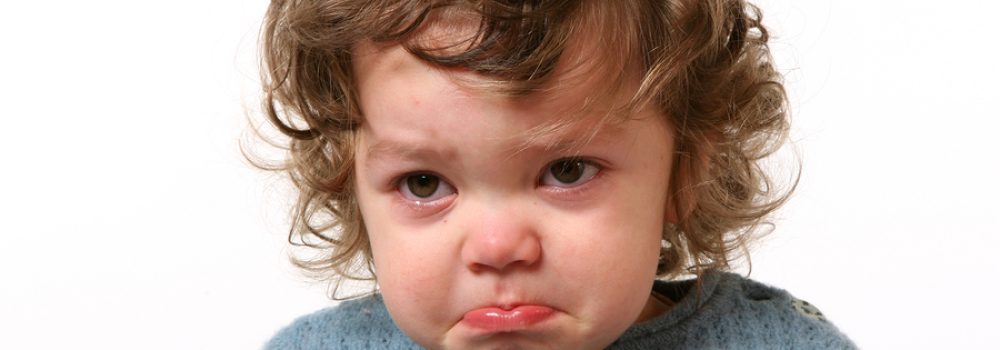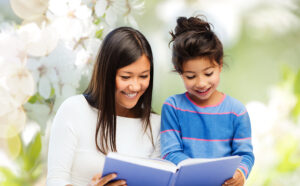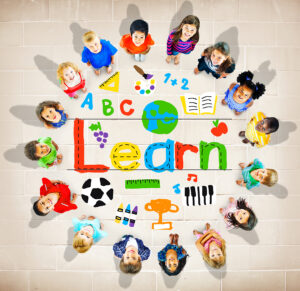
Please, Don’t Go!
You’ve probably heard this phrase uttered many times over the course of your career and you will probably hear it many more. Often times, these words are also accompanied with clinging and crying…right? You may think that the child does not like coming to your program or you may think he or she might be getting sick. But depending on the age and developmental stage of the child, the more likely answer is separation anxiety.
Separation anxiety is refers to the developmental stage when children experience anxiety when separated from their primary caregiver. The most important thing to remember is that separation anxiety, especially in young children, is a completely normal stage of development. It normally starts between 7-9 months and peaks around 24 months. That said, separation anxiety does return later as the child hits other developmental milestones.
While dealing with a kicking, screaming child is not fun, this behavior and the presence of separation anxiety actually indicates a strong bond between the primary caregiver and the child. An infant that is crying when the primary caregiver leaves is saying, “I’m afraid you are not coming back. Don’t leave me!” In the infant’s mind, because of his/her level of development, when something is out of sight, it is gone forever. In addition, children at this stage have no concept of time. They cannot even begin to comprehend when their primary caregiver will return. As infants start walking or crawling, they may also start crying when they move away from you and become afraid because they’ve created separation. Once again, this is perfectly normal.
Separation anxiety can also vary from day to day because of tiredness, illness, changes in routine or family changes. In most case, the primary caregiver is not the cause of the separation anxiety but can make it worse or better based on how they handle the crying and clinging.
So how can you help children who are going through a stage of separation anxiety? Here are a few tips:
- Make sure to have set routines, especially at drop off and before naps. This helps the child learn what to expect and this knowledge brings comfort.
- Suggest the child bring a “lovie” with them that represents home.
- Play, “Peek-a-Boo” with the child. This is a fun way for children to experience that even though they cannot see someone, the person did not totally disappear!
- Have new children gradually start your program…staying for only a short while the first few days. This will help them become more comfortable with you, your program and the other children.
- Be there to support the child and primary caregiver each morning at drop off. Emphasize to the child that “mommy” or “daddy” or “grandma” will be back soon. Encourage the primary caregiver to establish a, “goodbye routine” and then follow that routine every morning. Be a positive part of this process by providing support and a smile!
- Let the primary caregiver know that while separation anxiety is distressing, it is actually a good thing. It indicates that the child has a strong bond with the primary caregiver.
- Anticipate that the child will go through more than one phase of separation anxiety. It is not uncommon for this process to occur during major milestones like toilet training or when a new sibling is born.
Most importantly, keep in mind that all children are different! Some children may cry and cling while others suck their thumbs or twirl their hair when they are anxious. In addition, children go through developmental stages at different times and at different rates. For instance, a child that never demonstrated separation anxiety as an infant may suddenly do so as a preschooler. The best advice for teachers of young children and parents is this…always expect the unexpected!




